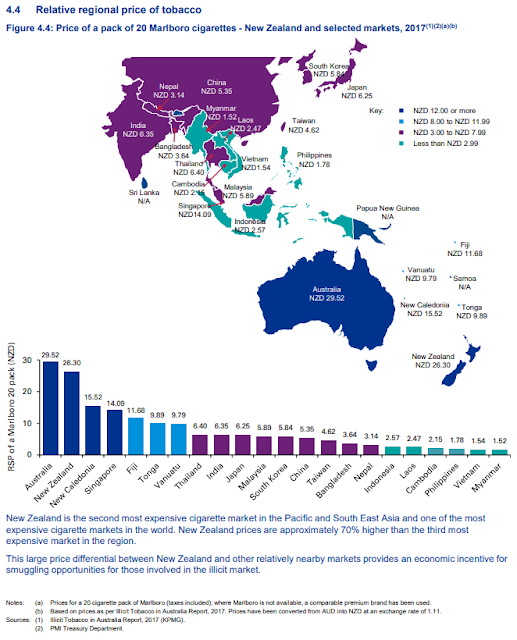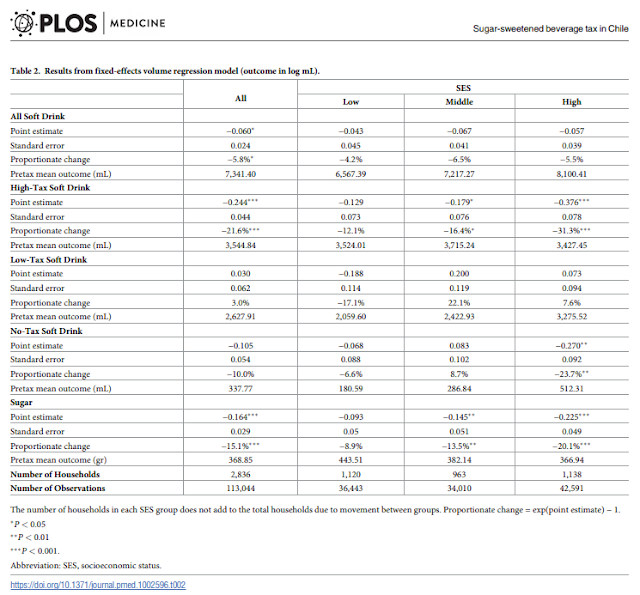It's up now though, so here you go:
We are lucky that, last year, economist Aaron Schiff provided us with an excellent collective noun for a grouping of economists. Owls, in concert, form a parliament. Economists, in convention, form a core.Some of the papers I'd noted that hadn't then been available now are - links now in the blockquote above (but not in the NBR original). More papers are available via the conference website - which weren't available at the time of the conference.
Or at least they hope to.
In economics, the ‘core’ is the set of alternatives that cannot be beaten by some option from outside of the set. So a good economics conference will bring together all of the ideas that cannot be beaten by ideas that didn’t make it to the table.
Last week brought the 59th annual conference of the New Zealand Association of Economists. I attended and here bring dispatches from the core. I learned a lot about a lot of things.
Boston University’s Robert King led with a plenary address highlighting the importance of reserve bank credibility. Everyone understands that point: Credibility is expensive to build if you don’t have it, and important to guard when you do. Professor King’s work tries to understand what happens when people are not sure whether the reserve bank really will follow through on its intentions.
I take as implication that a bank must especially guard its reputation when undergoing changes that might bring uncertainty about its intentions – as in any transition to a dual mandate.
Understanding maternity
AUT’s Lydia Cheung explained how the 20-hours free early childhood education policy resulted in a 4-10% decline in earnings for new mothers. Anticipating the subsidy that would come in at age three, new mothers worked less during their child’s first two years. Motu’s Isabelle Sin showed the substantial drop in earnings for new mothers relative to new fathers, with large drops in the number of hours worked and reductions in hourly wages that are particularly large for mothers who took more than a year to return to work. Understanding the wage gap requires understanding maternity.
Victoria University’s Ilan Noy demonstrated the regressive effects of EQC’s land coverage. A substantial portion of claims wind up coming from landslips on slopes from relatively more expensive properties but land coverage is free with every EQC policy with prices that do not vary with land risk. Related work by Motu’s Sally Owen, showing the regressivity of EQC coverage in the Canterbury earthquakes, won the Seamus Hogan Memorial Prize.
The plenary address from New York University’s Julia Lane was beautiful and filled me with despair. She explained how America is starting to build toward the kind of linked administrative data that New Zealand has in its Integrated Data Infrastructure. Unless Statistics New Zealand is able to adopt some of the more open data practices being developed in the US, I expect our IDI will be lagging American data within a few short years.
Other work of note now available online:
- Richard Meade's look at some NZ economic history: the effects of the Native Land Act's Ten Owner rule. I had no clue about this, and Richard wrapped it all up in a beautiful little model. Read the paper.
- Peter Nunns looks at housing supply elasticity.
- Greenaway-McGrevey, Pacheco and Sorenson look at the redevelopment premium: owners of already-developed properties see a price drop when their neighbours are allowed to intensify with a rezoning.
- Cheung and Brooke show that newspaper advertising rates are lower in places with free suburban newspapers - competition matters.
- Robert MacCulloch and Sir Roger Douglas provide a reimagining of the welfare support system
- I did not attend Treasury's session in which they noted Treasury's diversity and inclusion programme which
saw the scrubbing of the word "analysis" from Treasury's recruitment ads as overly male-codedsaw the identification of the word 'analysis' as gender-coded, and attempts to de-gender the ads (the paper doesn't say that they scrubbed the word analysis - I read it too quickly). Those interested in priorities at Treasury might wish to read the paper.





